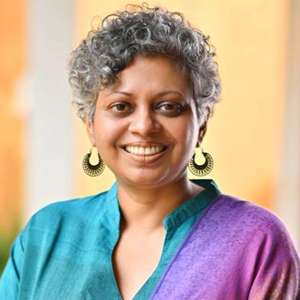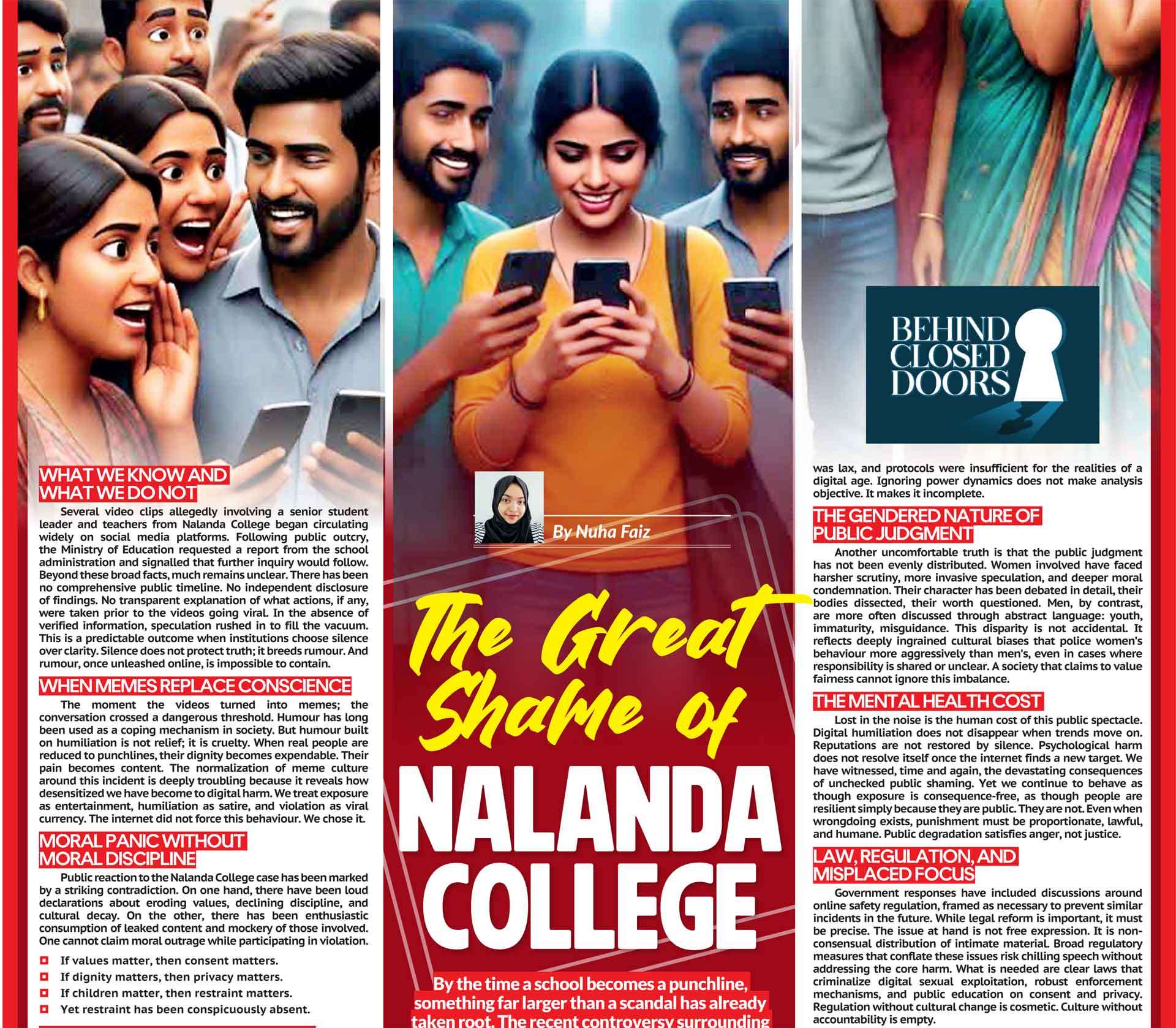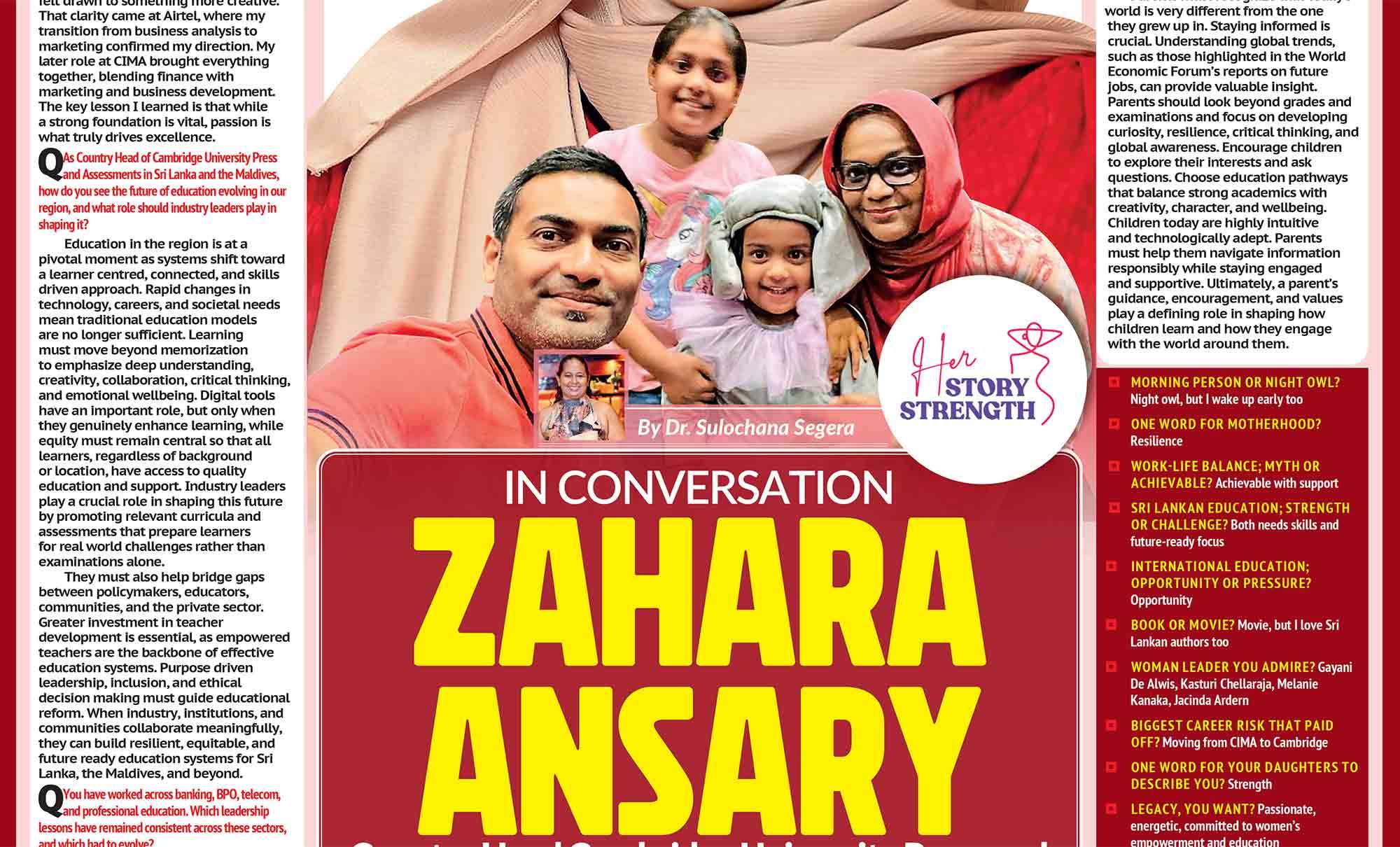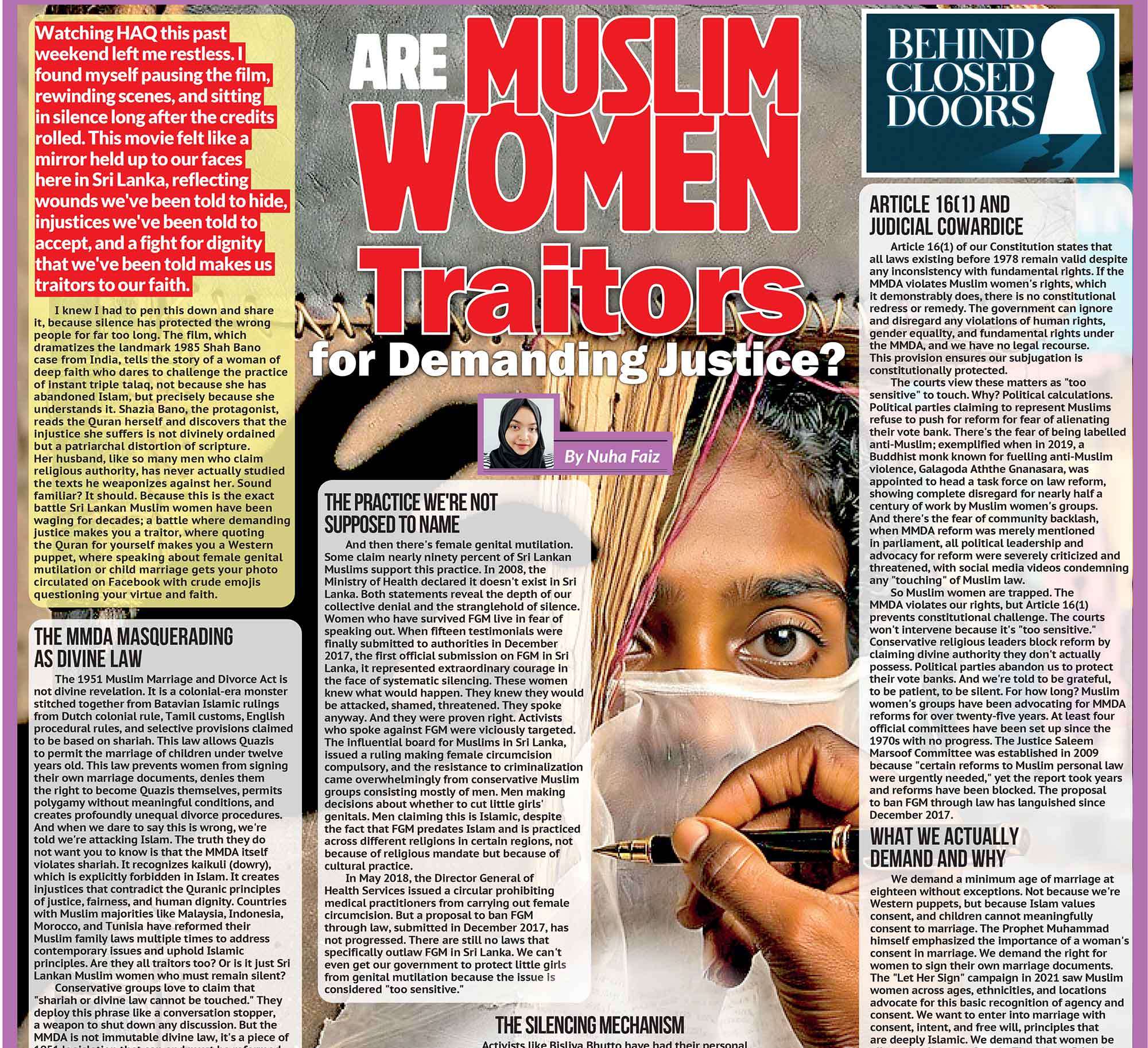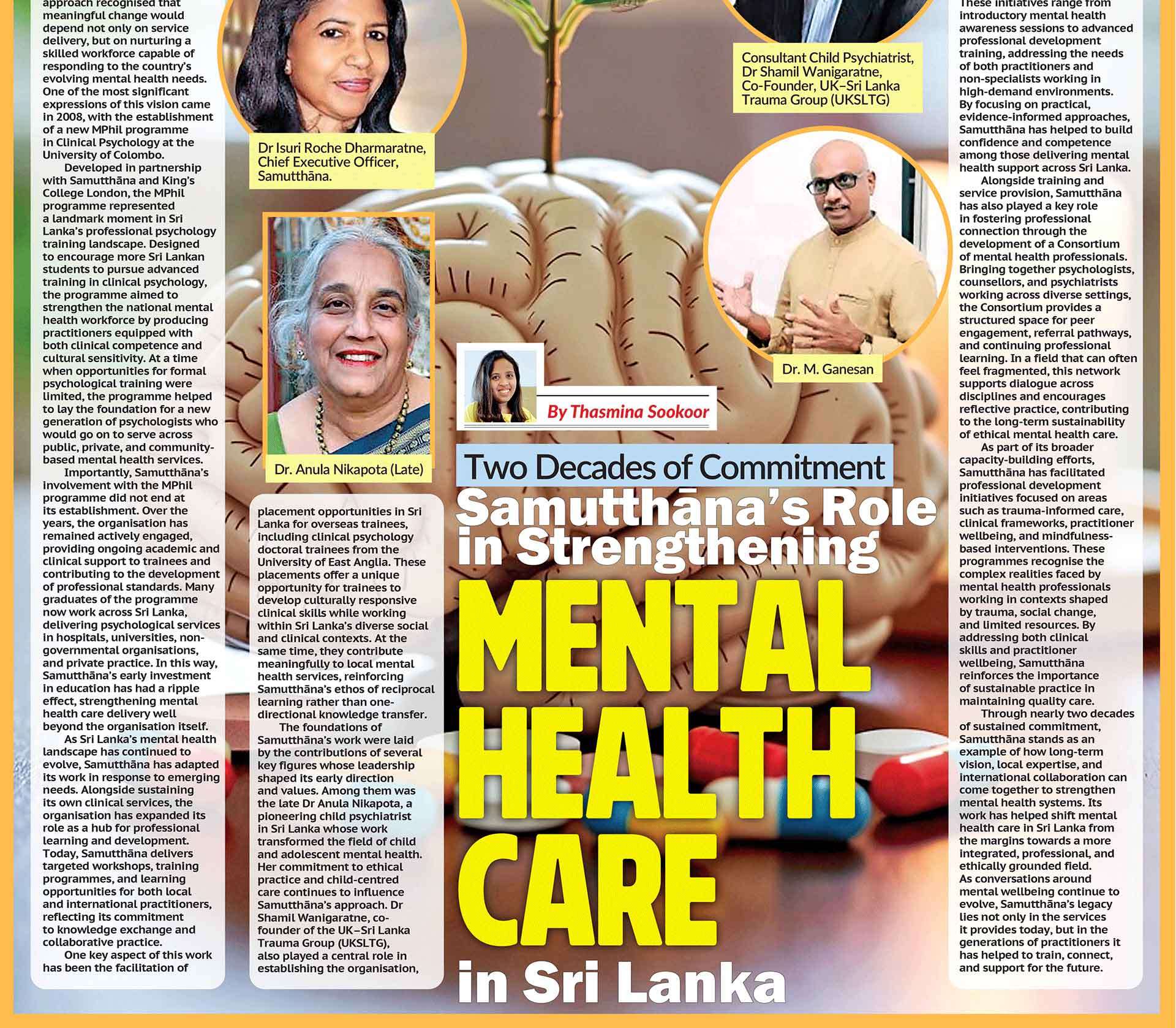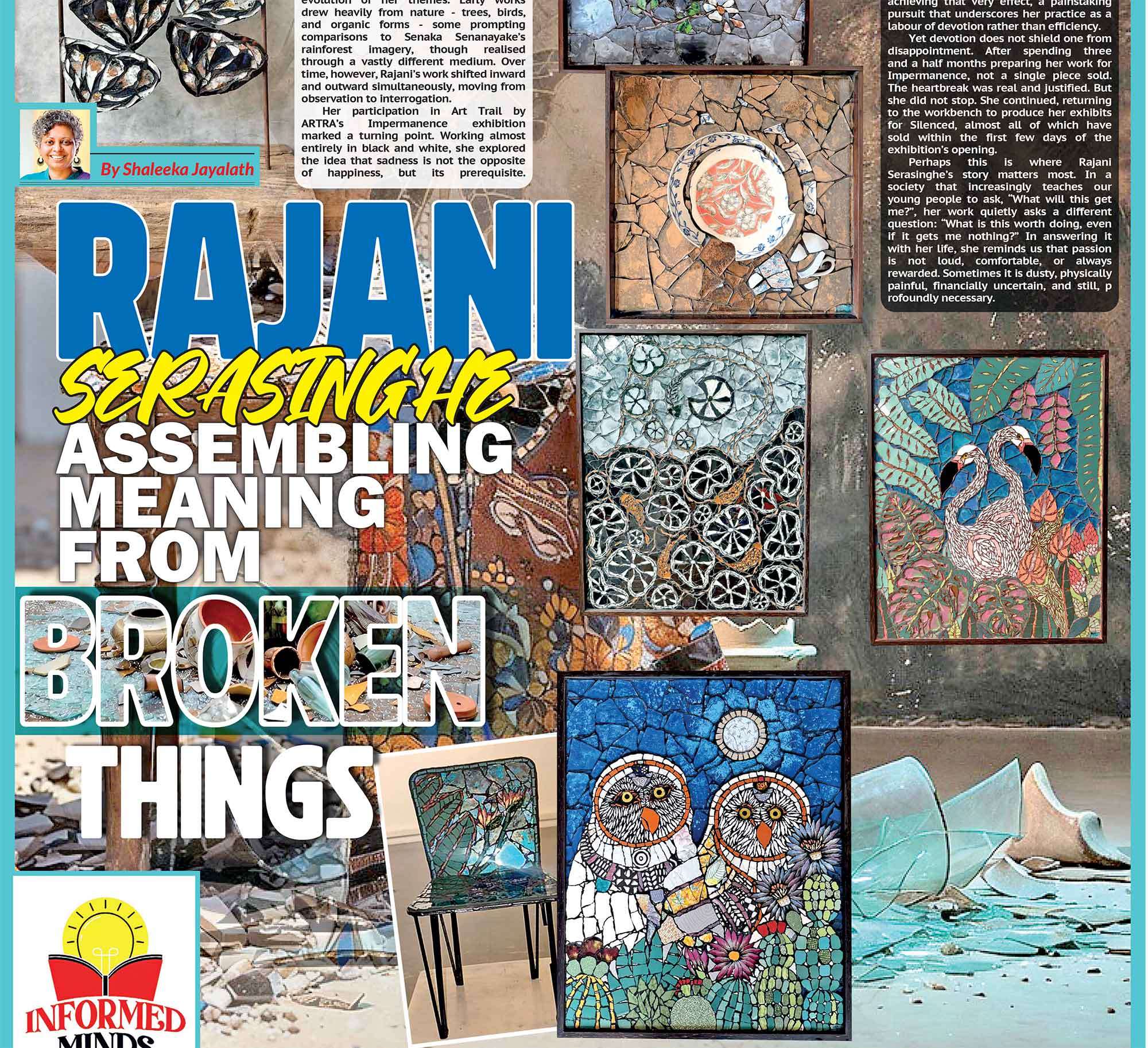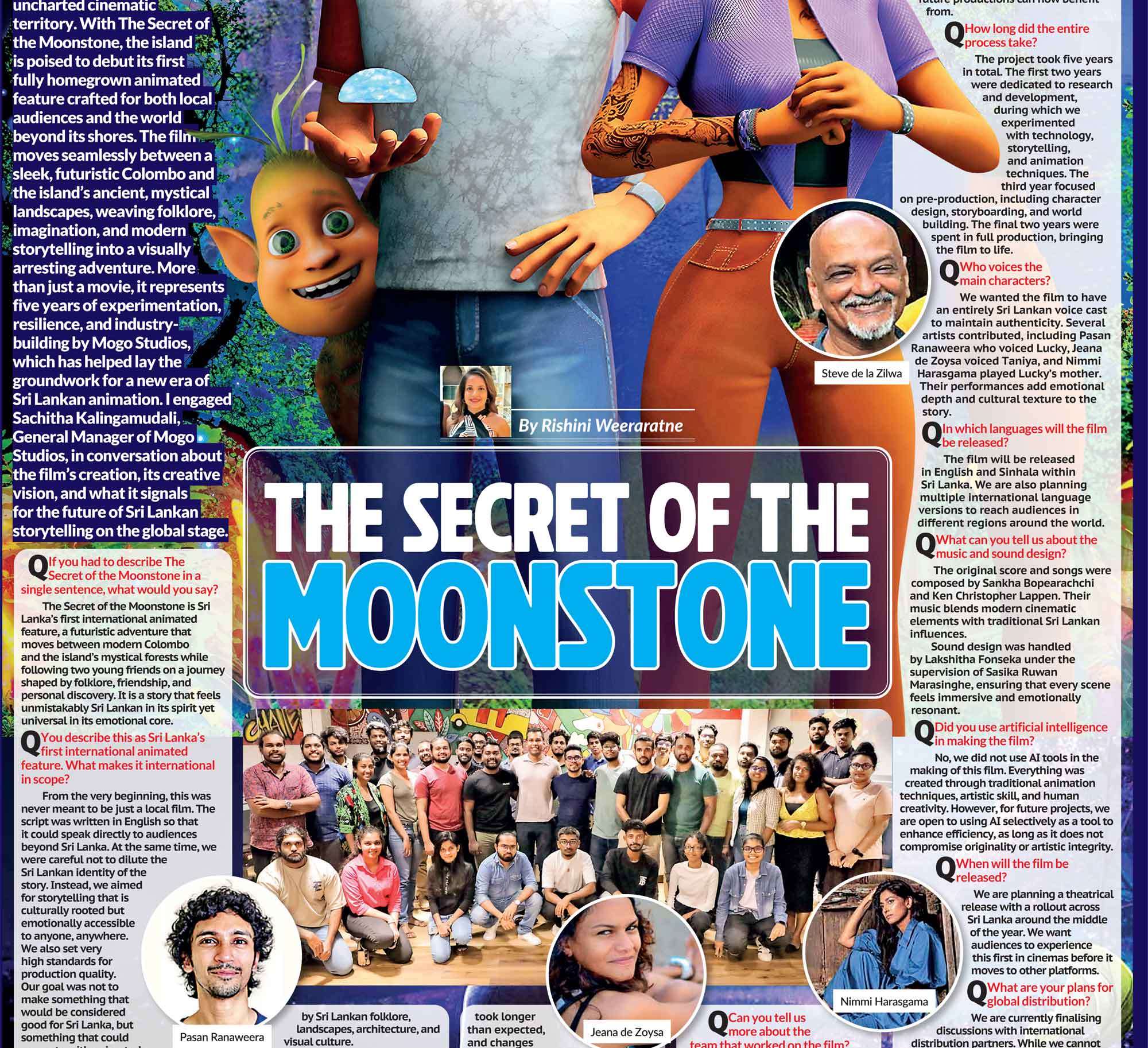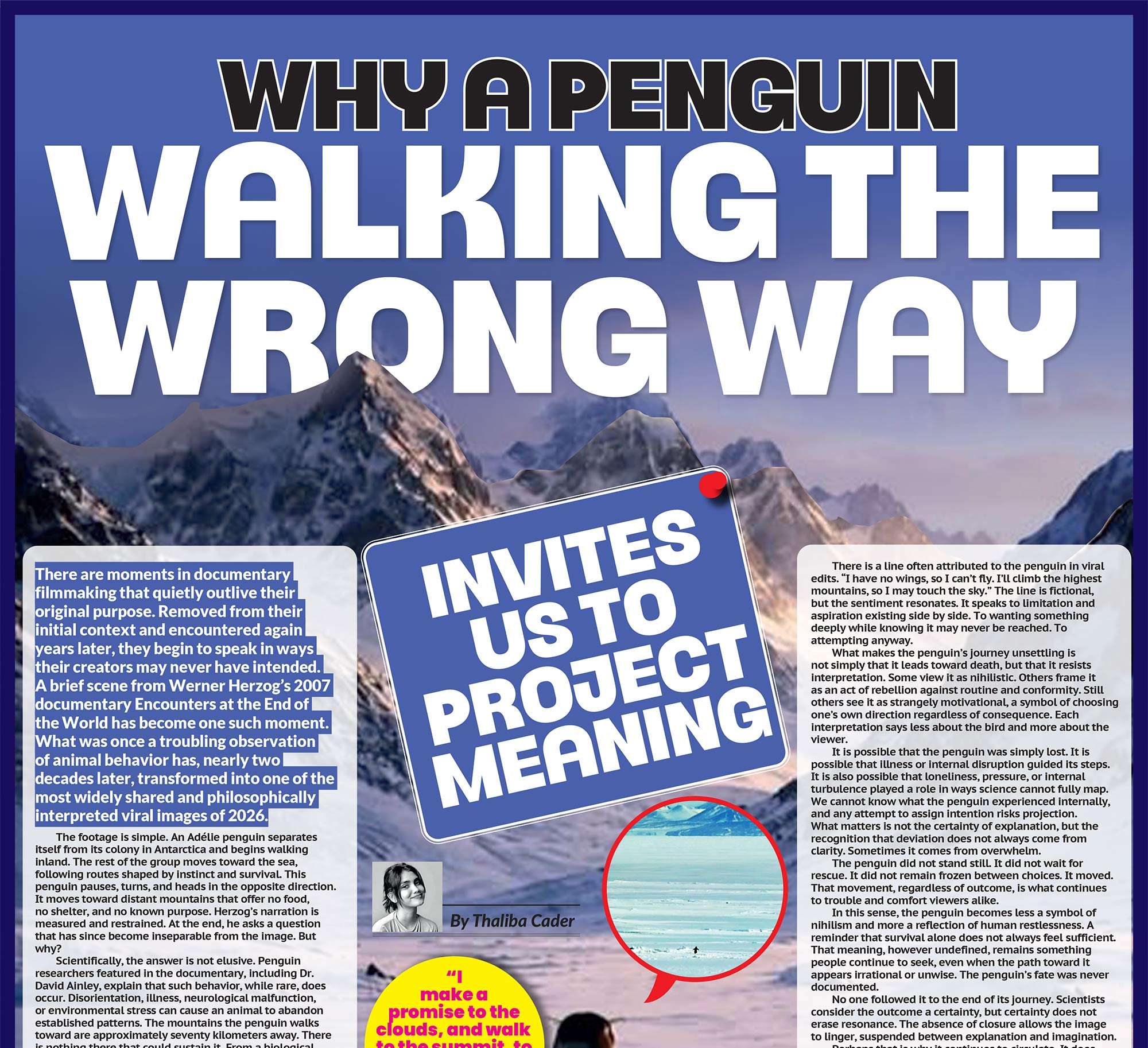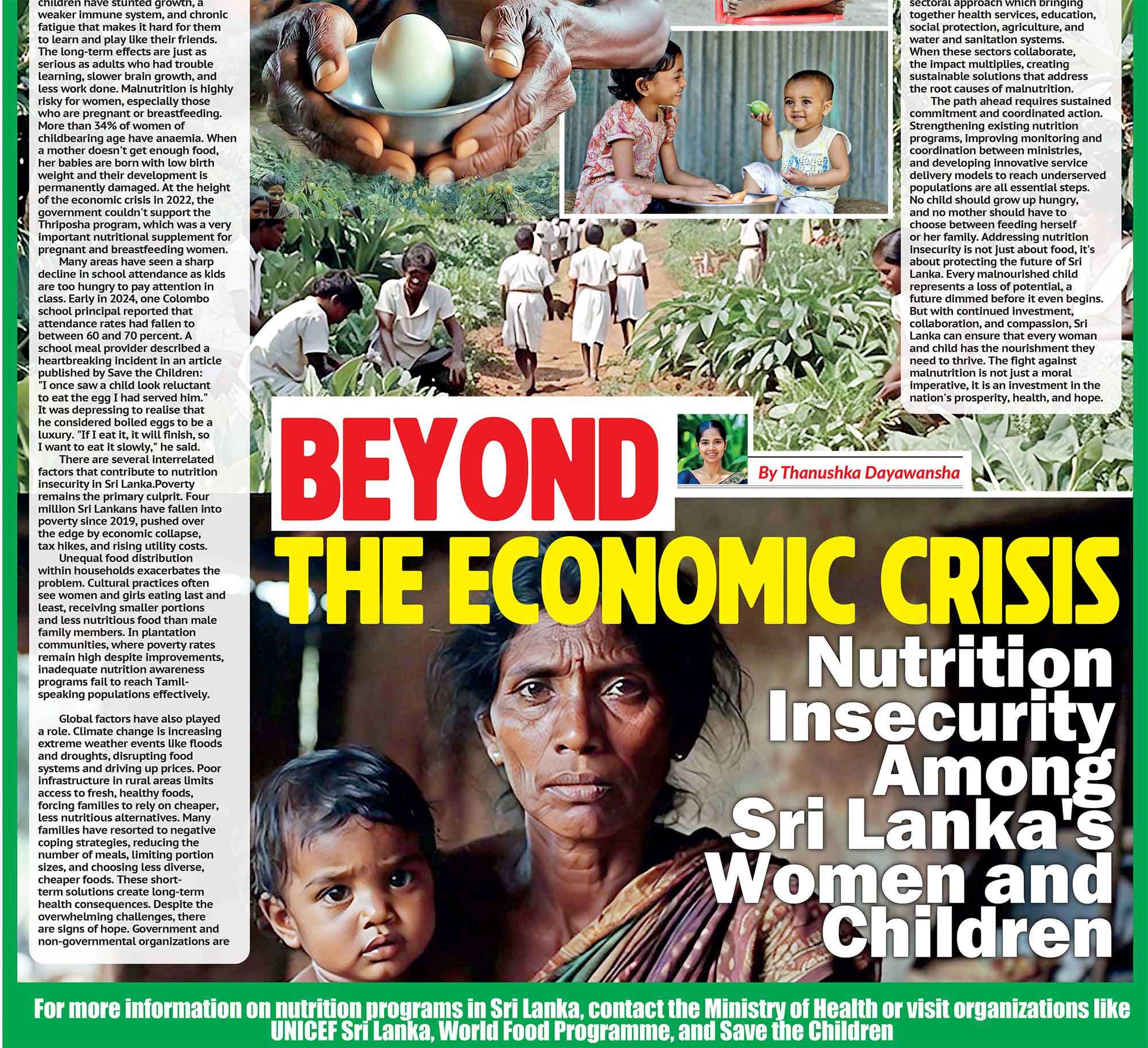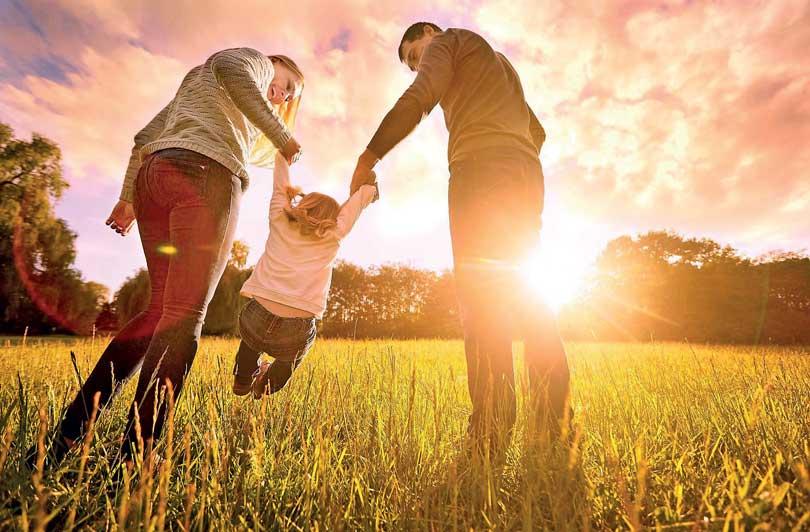
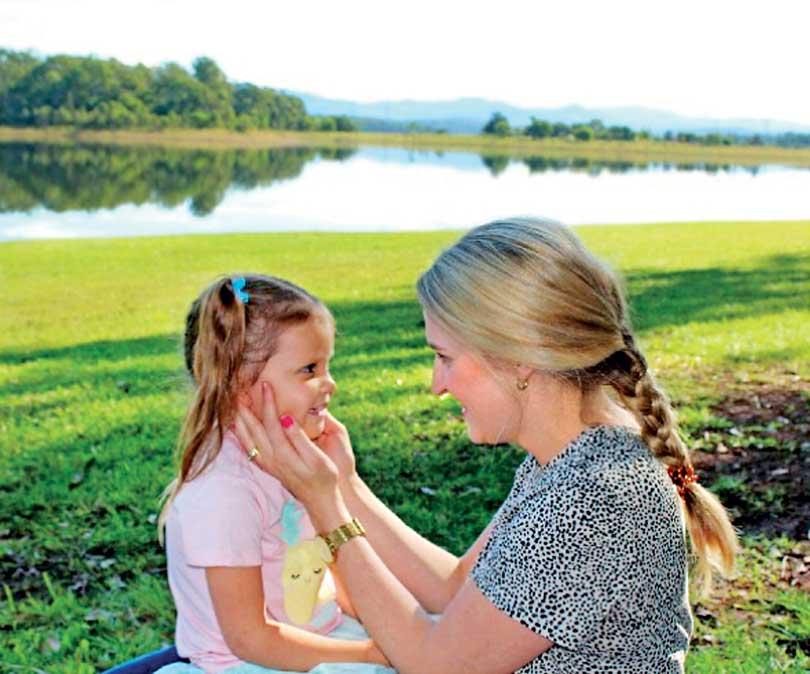
Ultimately, if we do not teach our children values, life will. And life is a far harsher teacher than any parent. It does not shield. It does not comfort. It simply reveals truth through consequence
It is not only criticism that harms children. Sometimes even kindness, when misplaced, can destroy. Parents often shower praise every time a child behaves “as expected.” But unwarranted, excessive praise creates arrogance. Children start to believe they are entitled to recognition, forgetting both humility and gratitude
It is only in the saddest of circumstances that a parent will claim that they do not love their children. The vast majority, irrespective of personal choice and socio-economic circumstances, will say when asked that they love their children and want what is best for them.
But in that single word “love” lives myriad interpretations of what we believe love to be, and like it or not, the truth is that many of us are living through them. We micromanage their education, police their behaviour, decide their hobbies, and parade their achievements - not always for their benefit, but to soothe our own wounds and to polish our own images. This is not parenting. This is possession dressed up as love. The worst part? We do it subconsciously, not realising the extent to which our egos, regrets, and insecurities have seeped into the way we raise our children.
The Burdens of Our Past
One reason this cycle exists is our own history. Most Sri Lankan parents today grew up in households where choices were scarce. Careers were dictated, paths were narrow, individuality was sacrificed. We were told what to study, what to become, even whom to marry.
So now, in a world bursting with opportunity, we overcompensate. We sign our children up for degrees, activities, and sports that we never had access to. We call it “exposure” or
“opportunity.” But beneath the noble language lies a painful truth: we are trying to re-live our own childhoods through them.
What we fail to remember (and where we go wrong as parents) is that our children are not our second chances in life. Rather, they are their own first chances.
The Trophy Child Syndrome
The other driver of subconscious parenting is ego. In today’s image-obsessed society, children are not seen as individuals but as extensions of their parents’ reputations. A child who excels reflects well on us; a child who misbehaves tarnishes our image.
So, we demand perfect grades, polished manners, and trophies to display on our social shelves. Our children become proof of our worth. Their successes are currency; their failures, shame.
But when we make them carry the burden of our ego, we rob them of their right to grow into who they were meant to be.
When Kindness Kills
It is not only criticism that harms children. Sometimes even kindness, when misplaced, can destroy. Parents often shower praise every time a child behaves “as expected.” But unwarranted, excessive praise creates arrogance. Children start to believe they are entitled to recognition, forgetting both humility and gratitude.
What about building confidence in children? Certainly. Do encourage them. Celebrate every little success and achievement, no matter how small. But maintain a balance. Parenting should not be about raising children who are puffed up with their own importance. It is about raising children who understand both their gifts and their responsibilities, who know that blessings must be met with humility. Because without humility, talent becomes pride. And pride, left unchecked, can turn a child into a monster.
Are We Role Models or Puppeteers?
This brings us to the heart of subconscious parenting: where do we, as parents, fit in? Do we exist as puppeteers pulling strings, or as role models who lead by example?
The nature versus nurture debate reminds us that our children are shaped as much by environment as by genetics. They watch how we speak to others. They notice how we handle failure. They absorb how we treat our own ambitions, disappointments, and egos.
We may lecture them on humility, but if we ourselves boast, they will learn arrogance. We may preach hard work, but if we cut corners, they will learn dishonesty. Children may not always listen to what we say, but they will always mirror who we are.
And so the question returns to us: what exactly are we modelling for them?
The Limits of Our Duty
Kahlil Gibran once wrote: “Your children are not your children. They are the sons and daughters of Life’s longing for itself.” We are not owners of our children; we are guardians.
Our duty is not to dictate, but to guide. Not to impose, but to nurture. Not to turn them into miniatures of ourselves, but to give them the tools to stand on their own feet.
Yes, we must protect them from harm. Yes, we must instil values, ensure education, and love them deeply. But that love must be unconditional. And unconditional love means accepting them even when their choices differ from ours. It means remembering that their lives are not meant to redeem ours.
No one said parenting was easy. In fact, one may go so far as to wonder about that moment of lunacy when we jumped to the conclusion that it would be.
But having made the decision to become a parent, then it behoves us to be the very best version of a parent that it is in our power to be. And for this, we need to hold up the proverbial mirror and ask ourselves, in all sincerity, whether we are understanding and nurturing them in their own worlds or making them fit into ours.
Parenting with Consciousness
Ultimately, if we do not teach our children values, life will. And life is a far harsher teacher than any parent. It does not shield. It does not comfort. It simply reveals truth through consequence. If we fail to raise them with humility, kindness, and gratitude, the world will show them through pain what we refused to instil through love.
And then, one day, when our time on this earth ends, what legacy will we leave behind? Will our children look back with love and gratitude, blessing us for the guidance we gave? Or will they sigh with relief, weighed down by the memories of control, arrogance, and pressure? Will our children mourn with love? Or will they quietly be glad that the shadow of our expectations has finally lifted? That is the question that should unsettle every parent.
The answer depends on how we choose to parent today.
What matters (and what we must remember as parents!) is not whether our children make us look good in the eyes of society. Rather, it is whether they grow into whole, grounded, grateful human beings who stand tall not because we lifted them there, but because we gave them the freedom, the values, and the love to climb their mountains on their own.
Your children are not your children.
They are the sons and daughters of life’s longing
for itself.
They come through you but not from you,
And though they are with you yet they belong not to you.
You may give them your love but not your thoughts. For they have their own thoughts.
You may house their bodies but not their souls.
For their souls dwell in the house of tomorrow, which you cannot visit, not even in your dreams.
You may strive to be like them, but seek not to make them like you.
For life goes not backward nor tarries with yesterday.
From The Prophet by Kahlil Gibran

